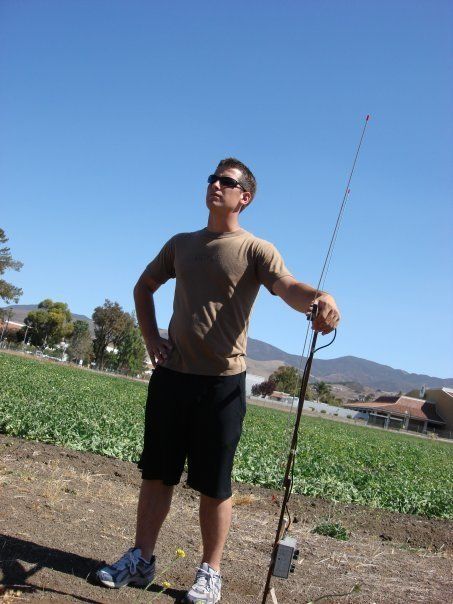FAST TRANSIENTS
THE TACTICAL TANGENTS BULLETINSTRANGER DANGER! WHY “NEVER TALK TO STRANGERS” IS WRONG
As de Becker describes, “Never talk to strangers (because they may harm you), [implies] that people you know will not harm you. If stranger equals danger, then friend equals safety. But the opposite is true far more often.” Fact: the suspect in most child abuse and child sexual assault cases is someone close to the child or their family. Conversely, a stranger who is also a bad guy must defeat at least one layer of defense—adult supervision—by finding a child who is isolated. Let’s face it, that is a lot less common—and statistically speaking, unfamiliar adults are more helpful than hurtful to a lost or endangered child. A child who has been indoctrinated to think they should never talk to or trust a stranger would be at a disadvantage if they were lost or in some sort of danger—because their approach to a stranger or cry for help might be their only alternative to seek assistance. Teach them how to get help!
Another important point to consider, going back to de Becker’s words: “Children raised to assume all strangers might be dangerous do not develop their own inherent skills of evaluating behavior.” In their eventual workplace, and in social interactions as they mature, they will interact with strangers regularly and develop a sense of “okay” and “not-okay.” By encouraging our young people to avoid those interactions we are potentially stunting their ability to assess whether or not we should trust another person.
De Becker continues: “The issue isn’t strangers, it is strangeness. It is inappropriate behavior that’s relevant: a stare held too long, a smile that curls too slowly, a narrowing or widening of the eyes, a rapid looking away.” These “instruments of communication,” as de Becker describes them, are more subtle than we can explain to a 5-year-old. Some day, our kids will talk to strangers at school, soccer practice, and parties. Perhaps a better approach to ensure the safety of our children is to develop assertiveness, confidence, strong social skills, and emotional intelligence. Teach them what “bad” is, where to look for help, and how to say no.

Mike Doyle
Founder
Mike is a full-time police officer and tactical medic. He currently works as a K9 handler, SWAT team member, and Police Trainer. Mike started Tactical Tangents as part of his fundamental purpose to save lives. His goal is to enhance the survival of police officers and concerned citizens by helping them become better, smarter, faster, and more efficient. His opinions are for informational purposes only and do not reflect those of his employer or any other government agency.
LATEST EPISODE
The Doctor Tang episode is one of our favorites so far. Dr. Tang is a surgeon and trauma director at the U of A Medical Center. Available now!
We also have an interview coming up with Craig Douglas, founder of Shivworks. He’ll talk to us about his training philosophies, edged weapons, and fighting in close-quarters.
Subscribe for new episodes on the 1st and 15th each month. www.tacticaltangents.com/podcast
OTHER UPDATES
LOOKING FOR AN OPTIC?


0 Comments